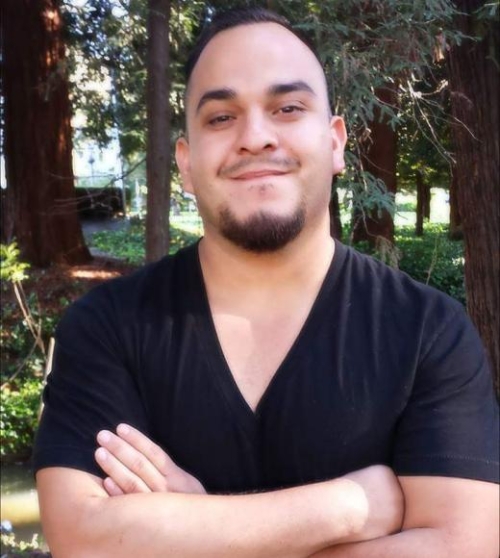Lecture on Environmental Racism and Justice

On Feb. 17, I had the wonderful opportunity to learn more about environmental racism and justice. Besides the Environmental Law Society symposium on the topic, I was invited to hear a talk by José Manuel Santillana Blanco, University of California President's Postdoctoral Fellow in the UC Davis American Studies Department. Jose’s talk was entitled “Mexican Motherhood Ecologies: Geographies of Disposability, Rurality and Resistance in Central California.” The talk was in Hart Hall, with attendance also possible through Zoom.
A native of Kettleman City, a largely Latina/o community near Interstate 5 about half-way between Los Angeles and San Francisco, the talk touched on environmental racism and the leadership and activism of Latinas in seeking to secure environmental justice. Professor Julie Sze, a leading scholar on environmental justice, moderated the talk.
The intellectual enrichment over the lunch hour reminded me once again of the wonderful benefits of being on a university campus devoted to engaged research and discussion.
An abstract of the talk is below:
Abstract: Within the last decade, Mother Jones, CNN, ABC News, LA Times, and several other news media outlets have continued covering the rise of stillborn pregnancies and babies born with birth defects in the predominantly Mexican immigrant town of Kettleman City, California. Yet, amongst this geographical precariousness, residents have organized and vocalized their opposition. At the forefront of these efforts have Mexican immigrant women who have exposed cooperate giant Chemical Waste Management Facilities as well as other contributing factions in connection with these ecological violences. Whether recently arrived migrants or longer established Mexican American populations, both communities have worked together to confront and mobilize themselves against environmental injustice by inspiring and taking part in various movements across the United States. These women like those of countless other social and political movements against racial and multiple oppressions have not been fully recognized for their contributions in shifting the landscape of environmentalism. Utilizing oral histories, storytelling and discourse analysis, this talk centralizes Kettleman City as a point of departure that orients us to a more nuanced understanding of racialized socialites of life/death, environmentalism, and resistance in Central California. More specifically, this talk argues for a critical understanding of ecology that centers the intimate, spatial and cultural thinking and practices of mothers of color in historically disrupting, reconfiguring, and confronting environmental injustice and the politics of disposability.
